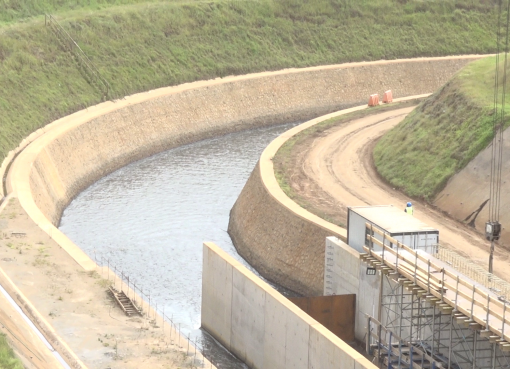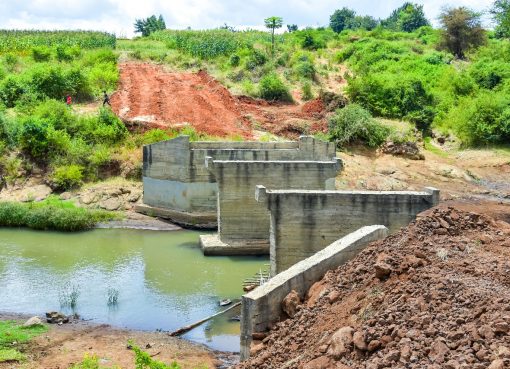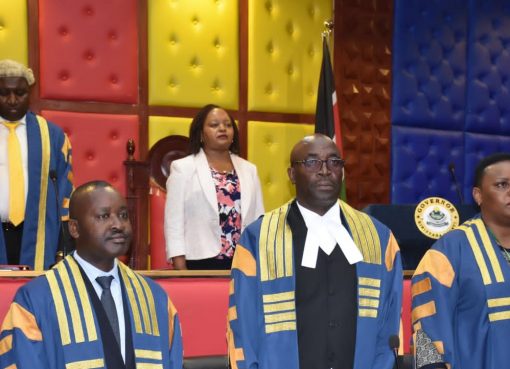The delay by the Kirinyaga county government to implement spatial plans has resulted to many of the residents converting arable land into commercial use.
Consequently, land especially in Kerugoya town and its environs is under threat unless urgent measures to stop the trend are put in place
Land experts have cautioned that the ongoing uncontrolled urban development together with land fragmentation may in the long run result to food insecurity in Kirinyaga.
The fragmentation has reached alarming proportions and requires urgent mitigations measures to stop further negative impact.
The expert said the dwindling land sizes within the tea sector were to blame for the poor earnings while farmers keep blaming the Kenya Tea Development Agency for the meager returns.
“Within the towns and urban centres, a new development method called gated community which is a real threat to prime agricultural land has emerged,” Mwangi said.
Area Senator Charles Kibiru who is an expert in Strategic Management and Marketing says looming food deficit as a result of the unplanned urban development within agricultural potential areas was real.
“Look at the two ghost coffee factories; Kaitheri and Kathera which are both right inside Kerugoya town and built in the early 70s. The two have no coffee to process at the moment, thanks to the rapid urbanization,” he noted.
Kibiru said farmers within this catchment area have since subdivided their land and sold to private developers who have in turn uprooted all the coffee in favour of rental houses.
The Senator said unless the County Government moved fast and carried out an urgent spatial planning, all the arable agricultural land would be turned into urban zones.
Accordingly, he urged the county government to move with speed and bring in regulations that can rein on the uncontrolled urban development before the highly agricultural potential county ends up begging for food.
The county executive for land Revered Murimi Kanjobe while acknowledging the problem was a time bomb, said everything within the ability of the government was being done to stop further urbanization within the agricultural land.
Kanjobe assured area residents that within the next one month, spatial planning that was already underway, would be completed as a measure to curb any further unplanned development or land fragmentation.
Meanwhile, population explosion has also been cited as a contributor to land fragmentation, where even a family with only an acre plot is still seeking to subdivide it further according to the number of their children.
During the Narc administration, the then Lands Minister Amos Kimunya had come up with a policy where no land could be sub-divide into less than five acres. The move was however vehemently opposed hence the present trend all over the country.
Kerugoya, Kutus, Kagio,Sagana, Ngurubani, Kianyaga,Kiamutugu,Kagumo,Karumandi, Baricho and Kianjiru are the main towns and urban Centres in the county, established on highly agricultural potential lands.
They have no room for expansion hence farmers have changed their farms from agricultural to commercial plots, posing a serious threat to food security.
In Mwea, the government is in the process of giving rice farmers conditional titles to contain the problem of land fragmentation.
Area Member of Parliament Wachira Wathayu said the document will only enable the farmer to use it as collateral in financial institutions but not for purposes of sub dividing the land.
“If we allow these farmers to subdivide the land under rice cultivation, it would defeat the same reason as to why we are developing mega dams for rice farming in Mwea,” he said
By Irungu Mwangi
Saturday, November 23, 2024




